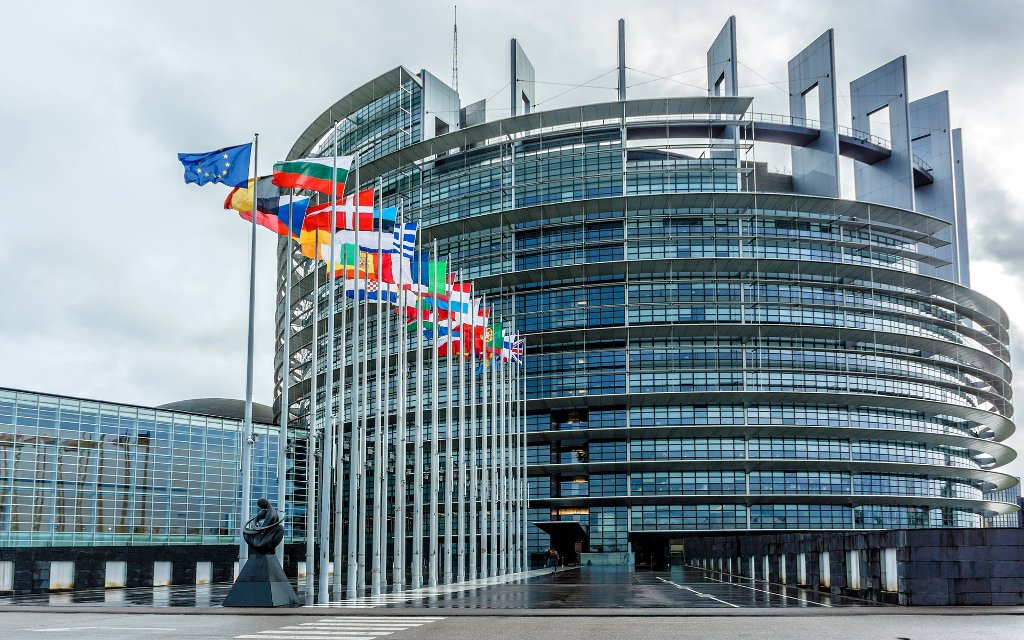
The EIB, the European Union’s not-for-profit long term investment arm, is a key pillar of the bloc’s attempts to maintain business links with Iran in the face of Washington’s decision to re-impose sanctions on the Islamic Republic, Reuters reported from Brussels.
However, the EU lawmakers’ decision does not oblige the EIB to work with Iran, a move that could jeopardize its ability to raise money on U.S. markets and so have far reaching consequences for its operations.
The European Parliament overwhelmingly blocked a motion by far-right lawmakers seeking to prevent the European Commission from lifting restrictions on the EIB in Iran, setting the stage for the measure to come into effect at the start of August.
The blocking motion, put forward by the far-right Europe of Freedom and Direct Democracy group (EFDD) that includes Britain’s euroskeptic United Kingdom Independence Party (UKIP), failed with only 93 votes for, 573 against and 11 abstentions.
“We are granting the EIB the capacity to invest in Iran if suitable projects are found,” said Siegfried Muresan, a lawmaker from the center-right European People’s Party (EPP), which led the preparatory discussions on the Commission’s proposal.
“The Iran deal is good for Europe’s security,” he told Reuters, referring to the accord signed by world powers in 2015 that curbs Tehran’s ability to develop nuclear weapons.
EU governments can technically still block the Commission proposal but are not expected to do so given EU leaders publicly backed the EIB lending plan at a summit in May.
The parliament’s decision is likely to be a morale boost for EU foreign policy chief Federica Mogherini, who will chair a meeting of the foreign ministers of Iran, China, France, Germany and Britain in Vienna on Friday to discuss progress on salvaging the nuclear deal.
Iran requested the meeting to discuss European efforts to protect the nuclear pact in the face of U.S. President Donald Trump’s May 8 decision to pull out and revive Iran-related sanctions, after the expiry of 90- and 180-day periods.
The sanctions start to come into effect in August but some European companies investing in Iran and with big operations in the United States have announced they will pull out of business deals with Tehran.
The pillars of the EU’s strategy are: EIB lending, a special measure to shield EU companies from U.S. secondary sanctions and a Commission proposal that EU governments make direct money transfers to Iran’s central bank to avoid U.S. penalties.
1396**1396
Follow us on Twitter @IrnaEnglish
 solhkhabar | Peace International News Agency Peace International News Agency , Peace News , International Agency News of Peace
solhkhabar | Peace International News Agency Peace International News Agency , Peace News , International Agency News of Peace